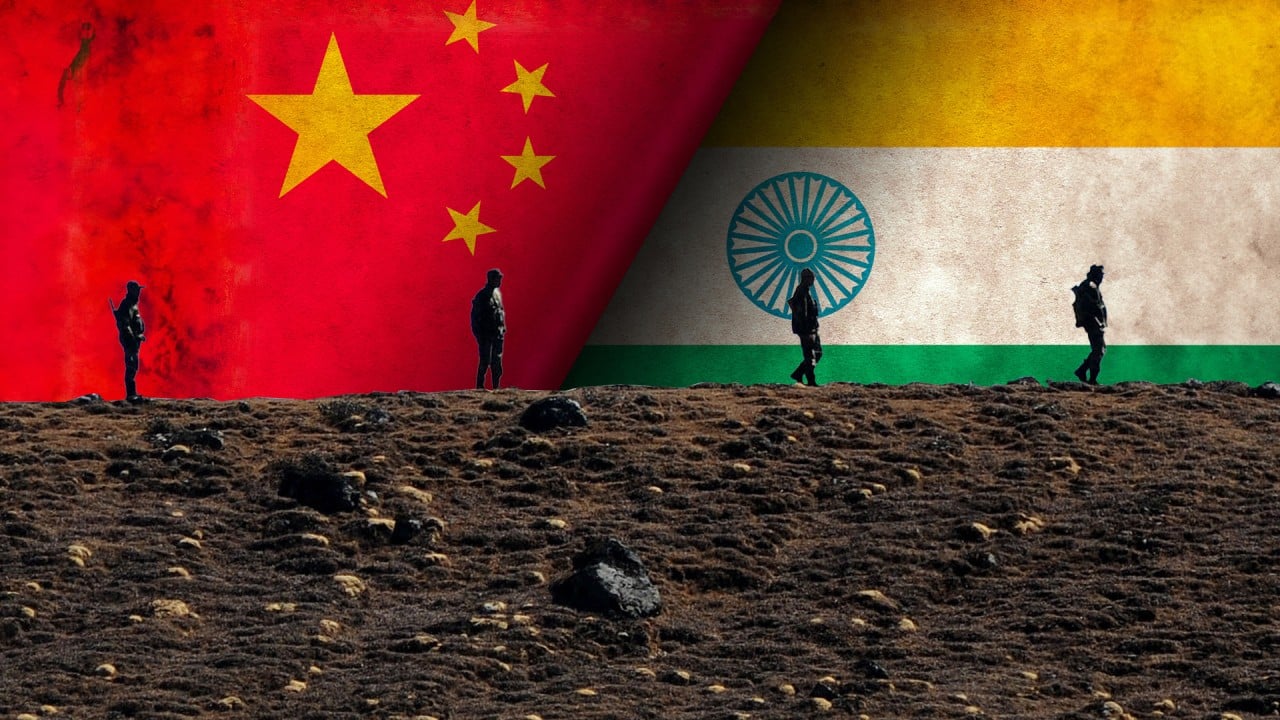Articles in this Cluster
24-07-2025
The International Court of Justice (ICJ) has ruled that countries can sue each other over climate change, including historic emissions. The decision is non-binding but could have significant consequences. Vulnerable countries like Vanuatu and the Marshall Islands welcomed the ruling as a victory, hoping it will pave the way for compensation from countries responsible for global warming.
Entities: International Court of Justice, Vanuatu, Marshall Islands, United Nations, Paris Agreement • Tone: neutral • Sentiment: positive • Intent: inform
24-07-2025
The International Court of Justice has issued a unanimous advisory opinion stating that countries have a duty to prevent significant harm to the environment and can be held legally accountable for greenhouse gas emissions. The decision was welcomed by Vanuatu, a Pacific island nation severely impacted by climate change, and is seen as a significant step towards climate justice. While the opinion is not legally binding, it may set a legal precedent for climate change cases around the world.
Entities: International Court of Justice, Vanuatu, United Nations, Paris Agreement, CBS News • Tone: neutral • Sentiment: positive • Intent: inform
24-07-2025
The United Nations' highest court, the International Court of Justice, has ruled that wealthy nations must comply with their commitments to reduce fossil fuels and pollution or face financial liability for damages caused by climate change. The court's opinion states that countries are responsible for the actions of companies under their jurisdiction and that failure to comply could result in reparations to affected states. The ruling was welcomed by climate activists and small nation states, who are most vulnerable to the impacts of climate change.
Entities: United Nations, International Court of Justice, Paris Agreement, Antonio Guterres, The Hague • Tone: neutral • Sentiment: positive • Intent: inform
24-07-2025
The International Court of Justice (ICJ) has issued a landmark ruling stating that countries failing to protect the planet from climate change may be in breach of international law and could be liable for reparations. The ruling, which involved 96 countries and was initiated by a campaign by law students in Vanuatu, is non-binding but sets a precedent for future climate litigation. Campaigners and vulnerable nations have hailed the decision as a 'tremendous victory', while Global North countries may be disappointed as it potentially opens them up to new lawsuits.
Entities: International Court of Justice, United Nations, Vanuatu, Tuvalu, Paris climate agreement • Tone: neutral • Sentiment: positive • Intent: inform
24-07-2025
The International Court of Justice (ICJ) has issued a landmark ruling stating that countries have a legal obligation to prevent climate change and limit global heating to 1.5C above preindustrial levels. Vanuatu's climate change minister, Ralph Regenvanu, has warned that Australia could face international legal action over its fossil fuel production and failure to rapidly cut emissions. The ICJ's advisory opinion has been hailed as a historic moment by Pacific island representatives, climate campaigners, and legal academics.
Entities: Australia, Vanuatu, International Court of Justice (ICJ), Ralph Regenvanu, United Nations (UN) • Tone: neutral • Sentiment: negative • Intent: inform
